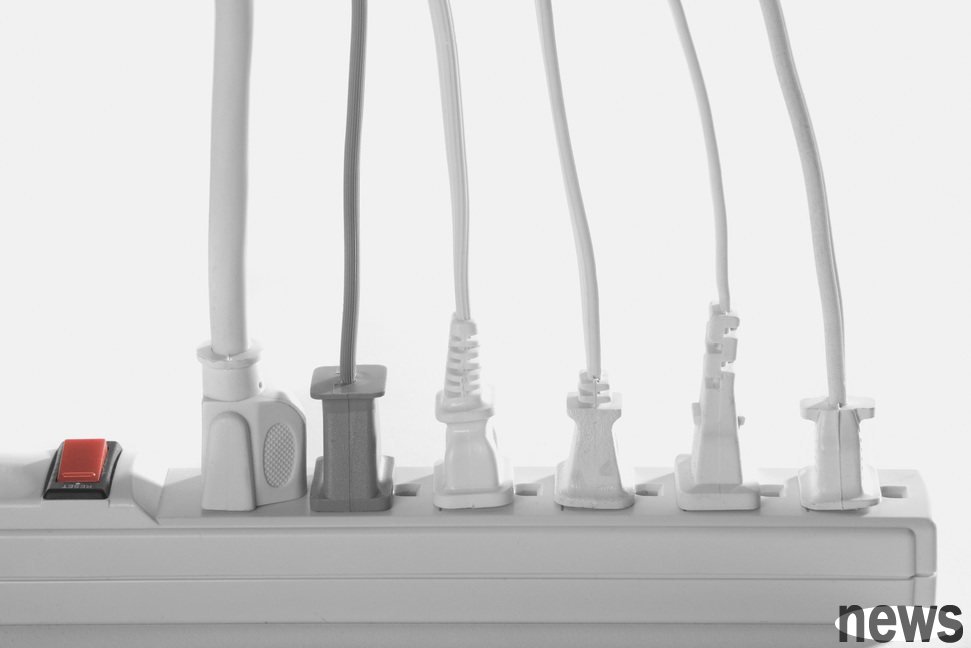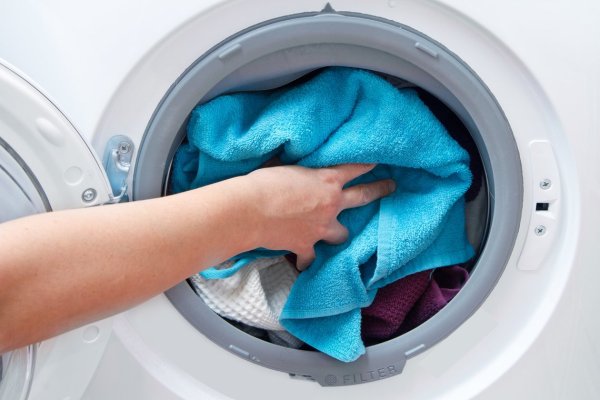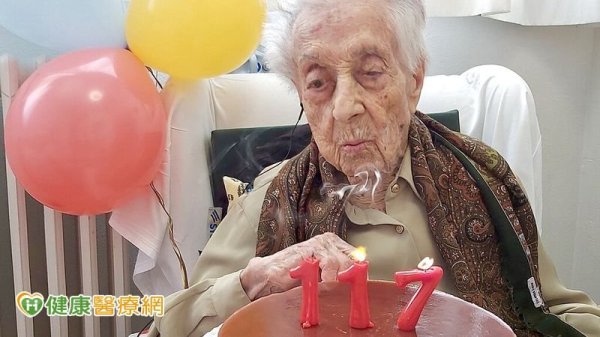Extension cords are not universal sockets! Experts warn: 3 types of home appliances may cause fire if plugged in incorrectly for a long time

Extension cords are convenient and practical, but if used improperly, they may pose a fire risk. British home appliance safety experts warn that many families are accustomed to plugging various electrical appliances into extension cords, but they do not know that such use may put their homes at risk of overheating or even fire.
Extension cords should not be plugged into high-power-consuming home appliances.Energy-saving expert Jamie Burns pointed out that extension cords are designed to have a maximum current carrying limit. If they are connected to electrical appliances that consume a lot of power, it is easy to exceed the safe load. "When the extension cord is operated at a current exceeding the design for a long time, it may overheat, and in severe cases, it may even cause a fire."}
He named 3 common appliances in the home that should not be plugged into extension cords:
Microwave oven: It consumes a lot of power instantly when it is started. Even if it only runs for a few minutes, it will load the extension cord.
Refrigerator or freezer: These appliances need to run all day long and draw current for a long time, which can easily cause the extension cord to overheat.
Washing machine: During operation, the motor and heating function are started at the same time, and the current load is large.
In addition to the above three categories, he also reminded that high-power appliances such as electric kettles, toasters, dryers, and electric heaters should also not use extension cords.
Extension cords are for "short-term use only."Burns emphasized that extension cords should be used as a temporary electrical solution, not as a long-term replacement for sockets. "If you need to use electricity for a long time, it is recommended to ask a plumber to evaluate and install a fixed socket to ensure stable and safe power supply."
He also suggested that if the public is not sure whether an extension cord can be used with a home appliance, they should check the power consumption (current value) of the appliance and compare it with the maximum load value marked on the extension cord. "If the two are close to or exceed the maximum load value, do not use it."
Small oversights can lead to catastrophes.He also reminded that many families are still unfamiliar with extension cord safety knowledge, leading to frequent accidents. Knowing the correct usage and avoiding overloading are the first steps to prevent home fires. An extension cord may seem like a small thing, but the consequences of misuse can be serious. By being vigilant and adhering to basic principles, the risk of fire can be significantly reduced.















